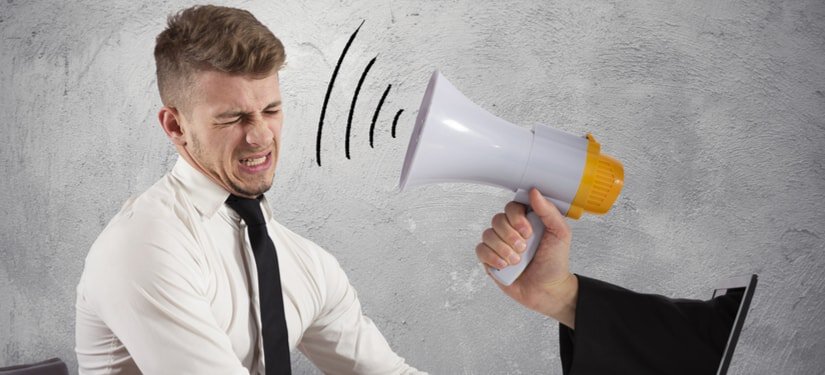Ear health is as essential as taking care of your skin, nasal passages, and nails. You may not know it, but aside from letting you hear, the ear is responsible for signaling our brain on balance. Practically speaking, they allow us to walk straight and tell us that our head is tilted to the right or left.
Unfortunately, with the advancements in technology and culture, our environment rarely allows us to do just that. Experts cannot emphasize enough the dangers of noise pollution not only to our sense of hearing but also to our overall health. Studies show that regular exposure to noise increases blood pressure, reduces sleep quality, and triggers headaches and violent behavior. Some brawls in bars, clubs, and concerts are partly brought by being exposed to loud music in general.
Because balance and sounds are crucial in our daily lives, we must know how to take care of this small but invincible organ. Here are ways to give your ears their much-needed TLC:
Do not use cotton swabs!
Some of us grew up knowing that cotton swabs are needed to clean our ears of earwax. But in truth, they do more harm than good. Contrary to popular belief, earwax in the ear canal is not harmful, nor it is a sign of poor hygiene. It is there to trap dirt, bacteria, and other foreign materials that would like to go through your ear canal.
By removing it using a cotton swab (or a bobby pin, tweezers, or anything smaller than an elbow), you make yourself susceptible to a host of diseases. Remember, the ear canal is connected to your nasal passages and throat. Without earwax, bacteria can pass and go down your respiratory tract.
In cleaning your ears, use soap and water and rinse them while in the shower or use a washcloth. Clean the outer ear thoroughly, focusing even on crevices that cannot be reached by light.
Turn down the volume.
People, especially millennials, rarely leave home without their phones and earplugs nowadays. Most of us prefer listening to music whenever we wait in line or while going to work.
While following your favorite artist is not a crime, using earphones for hours AND in loud volumes can reduce your hearing ability over time. The World Health Organization (WHO) reports that 1.1 billion people aged 30 and below are at high risk of experiencing hearing loss over time due to irresponsible use of audio devices.
That doesn’t mean that you can’t enjoy good music while commuting. If possible, opt for earphones or headphones than earbuds since the latter is tiny enough to be latched in the ear canal, bringing bacteria with it. Also, follow the 60/60 rule: listen to music at 60% of the highest volume for 60 minutes at a time. Then, rest your ears for an hour or two before plugging your earphones again.
Use earplugs in loud environments.
If your work requires you to become exposed to loud noises regularly, ask your HR manager or your supervisor for a way to reduce them. They can either provide you disposable earplugs or invest on quieter machines. They are, after all, responsible for their employees’ health and work conditions.
While in clubs or concerts, take your leave out of the premises for a few minutes to rest your ears of the constant barrage of noise. At the venue, opt for a place to stay that is away from the loudspeakers by as much as five feet (or more if the sound gives you a headache).
Have a balanced diet and exercise.
Having a proper diet and regular exercise greatly benefit not just your vital organs (i.e., heart, muscles) but also your ears as well. Potassium helps in regulating the fluid in your ear that is responsible for sending electrical impulses to your brain. These coded messages are then interpreted as sounds or your current position in space. Folic acid is known to reduce the progression of hearing loss, while zinc can boost your immune system, decreasing your chances of acquiring ear infections.
On the other hand, exercise like cycling, running, and brisk walking can get your blood pumping all over your body, including the ears. It gives your hearing organ the chance to receive the nutrients previously mentioned that could help it do its work. If you don’t have the time to exercise heavily, you can check out this article for some routines you can do even while you’re at your desk.
Visit an ENT doctor regularly.
Prevention is always better than cure. If you can, have a regular checkup with a licensed ENT (ear, nose, and throat) doctor every 6-12 months to know the state of your hearing and to catch possible signs of an illness before it wreaks havoc. Swimmers must visit the doctor more regularly since constant exposure to water can become a breeding ground for bacteria that can lead to ear infection.
ENT doctors can also do professional ear cleaning by clearing earwax buildup or infections that reduce the sound waves that are entering your ear.
Hearing loss is not only associated with aging. Sometimes, it includes your environment as well. Taking care of your ears is one way to reduce the chances of losing your ability to hear earlier than it should be. Start investing in ear health today!

